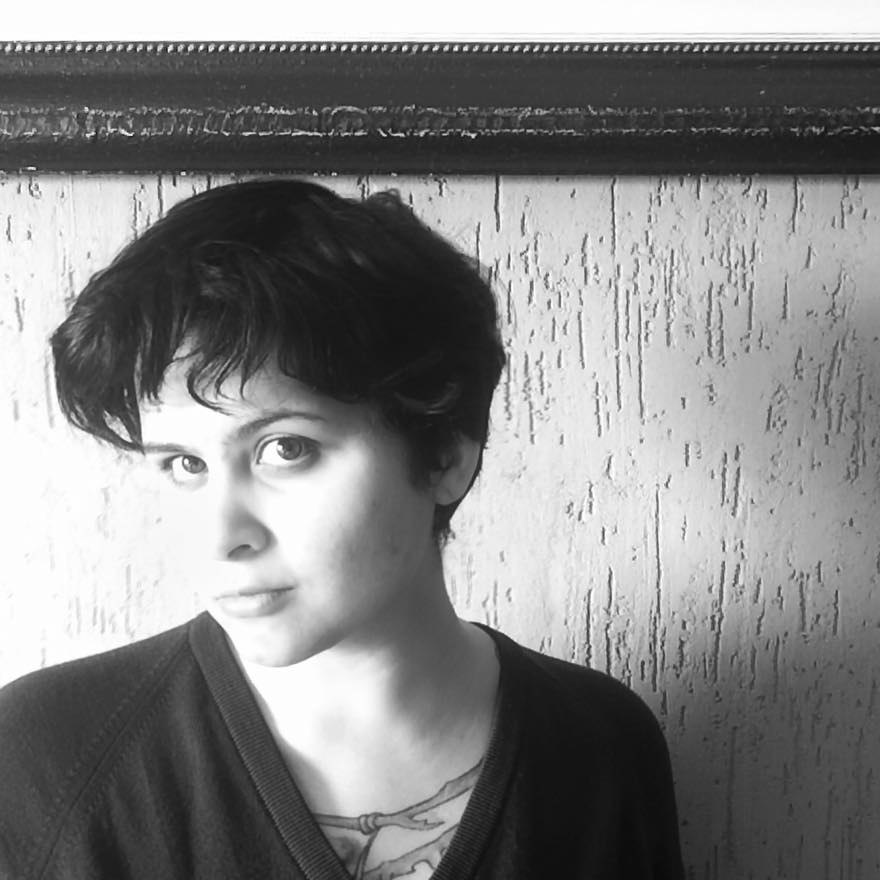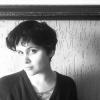Meet Teaching Artist Mishka Hoosen


Mishka Hoosen is a writer and teacher currently based in Cape Town, South Africa. He graduated from Interlochen Arts Academy in the US and received a masters in creative writing from Rhodes University in South Africa. His short stories have been anthologized in Terra Incognita: New Speculative Writing from Africa (Short Story Day Africa, 2015), Trade Secrets (Tattoo Press, 2017), and Hair: Weaving and Unpicking Stories of Identity (Tattoo Press, 2019). His writing has also appeared in Catapult, Bare Fiction, Hunger Mountain, Rolling Stone South Africa, the Ploughshares blog, and more. His debut novel, Call it a Difficult Night, was published by Deep South Books in 2015.
He is currently working on a book exploring the cultural history of scent and desire, and he teaches part-time in the MA in creative writing program at Rhodes University.
Find out more by following him on Twitter. Mishka's current classes are listed on his artist page.
***
When did you start teaching? What path—career or otherwise—brought you here?
I started teaching in 2010, when I ran a writing workshop for students from my old primary school in Johannesburg during the Fifa World Cup. I've taught on and off ever since, ranging from small workshops for students in underserved communities to MA seminars in creative writing. I've always loved teaching, and what started as a way to engage meaningfully with my community has become one of the greatest passions of my life.
How would you describe your teaching style?
I love encouraging collaboration and discussion more than anything. I consider every student in my class as a potential teacher and find that classes are deeply enriched when students feel free to share their experiences, ideas, and thoughts on whatever we're tackling. I like to encourage independence in my students wherever possible and instill confidence in them wherever I can.
When it comes to imagining and creating classes, where do your ideas come from? What in particular inspires you?
Class ideas often come from discussions I have with my students. It's usually rooted in a problem we're trying to tackle or a point of discussion that branches beyond what we can cover in a single class. I'm inspired by the moment when engagement turns into passion, when students find the spark of an idea that you put out as a teacher and turn it into something much bigger and more interesting than you could have anticipated.
What's the ideal environment for your classroom? What atmosphere are you hoping to establish?
My ideal classroom is always a round-table discussion. I want an atmosphere of conviviality and playfulness: where ideas, jokes, and arguments are engaged in with a spirit of camaraderie and good humor. I try to make my classes as democratic as possible and present them as collaborations rather than lectures or lessons.
Regardless of what your class is specifically focusing on, what's the main goal you have for your students?
For them to walk out of a class with a fire in the belly. I want something we discuss in class to inspire further writing or research or bring students together for further discussion outside of class.
What are goals you have for yourself? These could be teaching goals, writing goals, career goals, community goals, etc.
I would love to turn teaching into a full-time career. I'm also working on a second book, which is taking me much longer to finish than I've anticipated, so that's high on my priority list. But mostly I want to be able to teach full-time and build a community of writers and students that are deeply passionate and engaged in the work.
What have been some of your own favorite educational experiences?
My experience at Interlochen Arts Academy changed my life. I attended as a high school student, and it created a foundation for the rest of my writing life and career. The teachers there are like family to me, and I owe them so much. I also had the most incredible experience in my MA program at Rhodes University. There, too, one of my dearest mentors has become like family to me, and the students and teachers I encountered there created a community that I'm deeply proud to be a part of now.
To you personally, what is the most important part of the literary arts?
The sharing of experience. I think one of the most powerful things a piece of writing can do is give words to shared experiences and allow the reader to feel less alone in the world.
Is there anything else you'd like to share?
One of my dearest mentors always reminded us of the Khalil Gibran quote, that "work is love made visible." I stand by that to this day. I think there is nothing more important than honoring that work.
